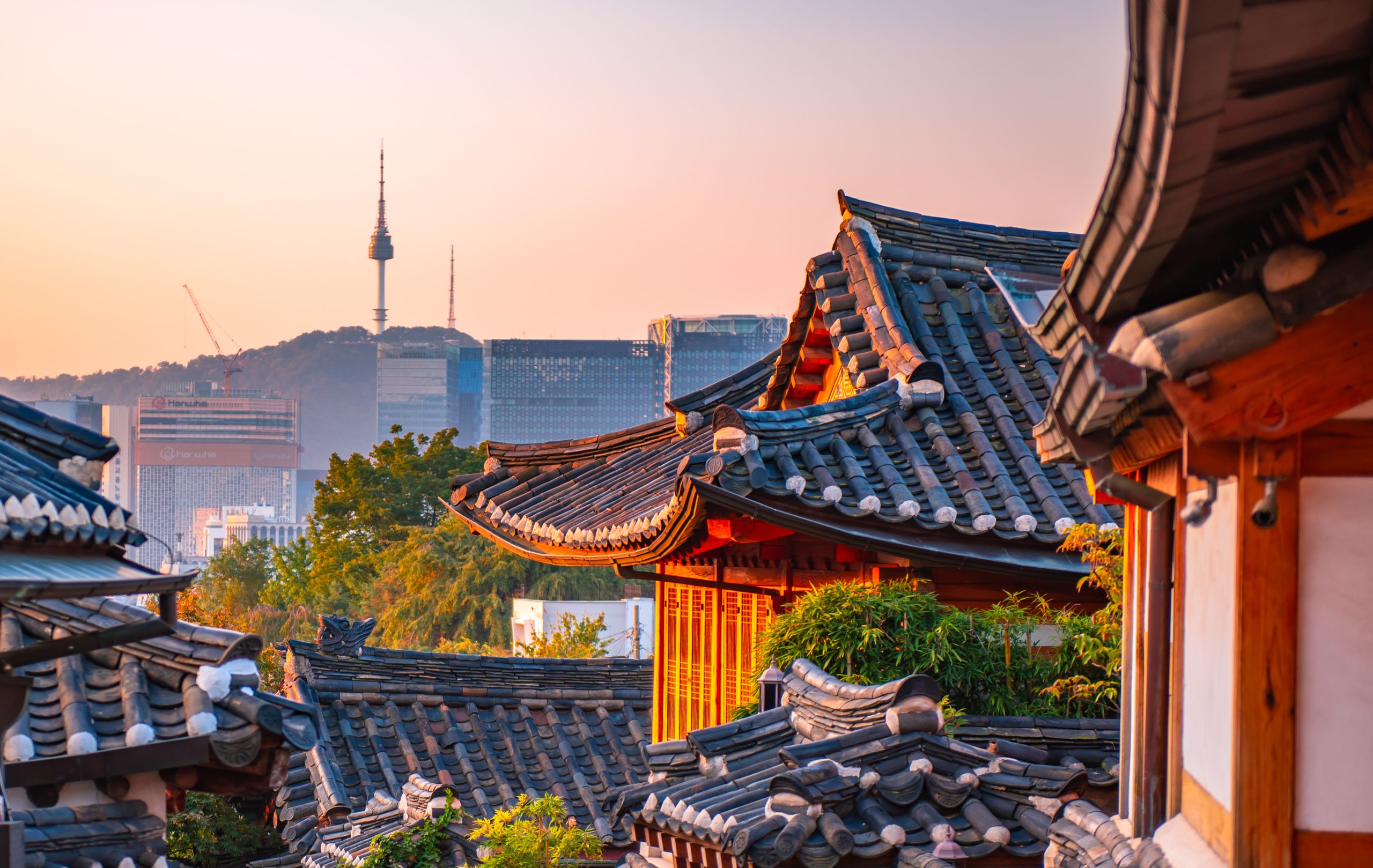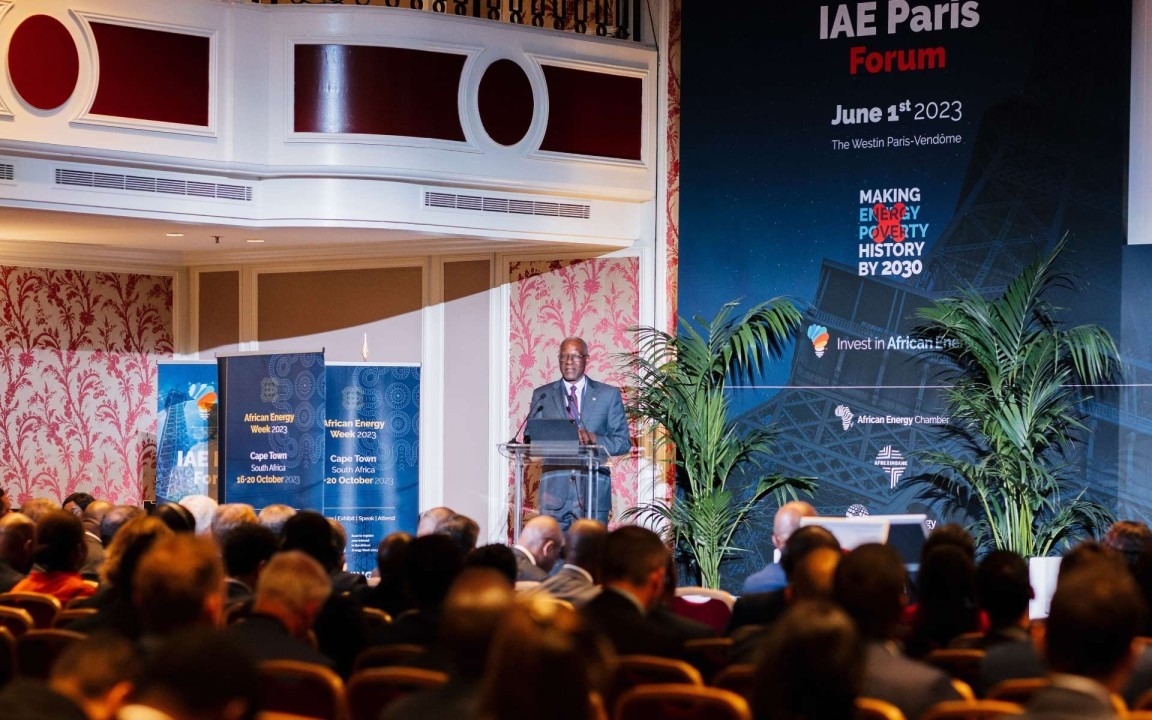South Korea Launches Ambitious 6,500 GWh Clean-Hydrogen Power Bidding Market

South Korea is setting a bidding market for up to 6,500 GWh of electricity produced from clean-hydrogen power generation for over 15 years.
The Ministry of Trade, Industry and Energy (MOTIE) stated “Procedures granted agreements under the schemes must start by 2028, with triumphant bidders permitted a three-year preparation course and a one-year grace course.”
Unrestricted for 100% hydrogen-based electricity generation, ammonia co-firing with or hydrogen co-firing with natural gas, the bidder will bid the price of electricity produced and greenhouse gas (GHG) emissions from hydrogen production. Companies will bid using hydrogen produced with up to 4kg of CO2/kg of hydrogen.
MOTIE also disclosed plans for a third auction for grey hydrogen power generation of up to 1,300 GWh per year
MOTIE also disclosed plans for a third auction for grey hydrogen power generation of up to 1,300 GWh per year on 20-year contracts alongside operations to be set by 2026. Following its first round in March for 715 GWh and a second soon in September for 650 GWh, the government selects the top bidders in August, considering price, power system impact and more contemplation.
South Korea has significant plans for hydrogen and ammonia use in power generation. By 2027, the government aims to generate 3,000-3,500 GWh of power yearly from clean hydrogen. The nation relies heavily on export volumes of clean hydrogen to meet its demand. The Hydrogen Council evaluated South Korea could be among the largest markets for clean hydrogen by 2050, producing around 35 million tonnes.
Corporations in the country have been looking to hydrogen and ammonia to clean up power plants
In 2022, SK E&S and SK Plug Hyverse said they would work with Korea Southeast Power Generation (KOEN) to establish green hydrogen and ammonia production technologies to be used as feedstocks in fossil fuel power plants.
However, hydrogen’s benefit in power generation has faced wide criticism for being inefficient, expensive, and using ammonia, potentially damaging the environment. As burned ammonia produces nitrogen oxide (NOx) – a greenhouse gas (GHG) almost 300 times more potent than (CO2).
Nevertheless, proponents of hydrogen in power generation display that the pathway can help balance a highly renewable energy-fed grid and contain renewable curtailment during periods of high generation.
Javier Cavada, President and CEO of EMEA at Mitsubishi Power, previously mentioned, “We can see hydrogen as one molecule that can complement other technologies in a way that has all the quality power generation that natural gas provides. Hydrogen can take that role and replace the molecule.”

